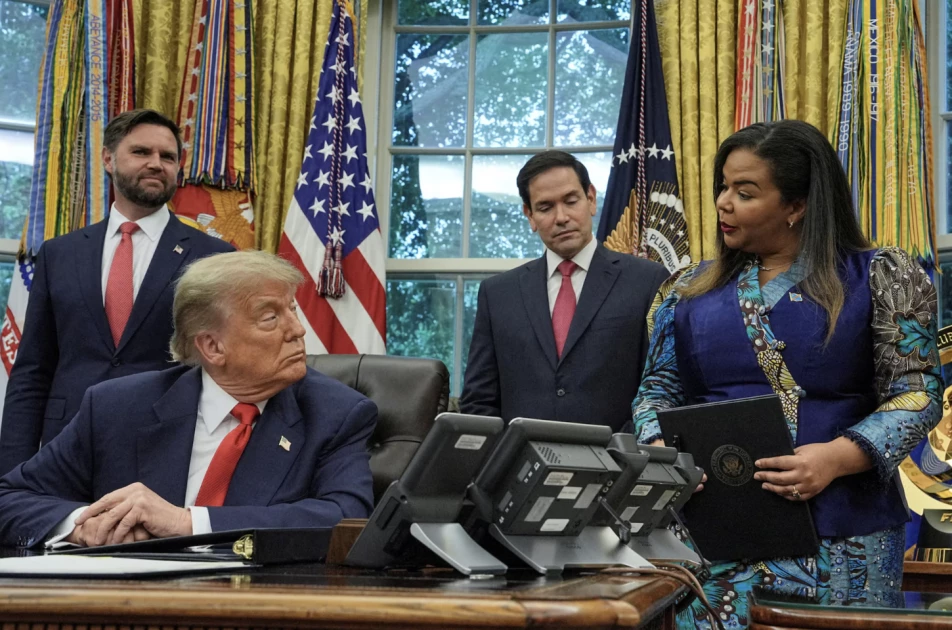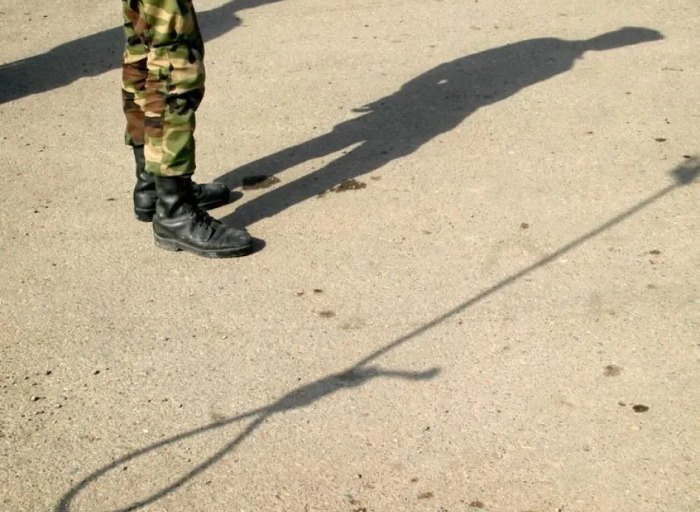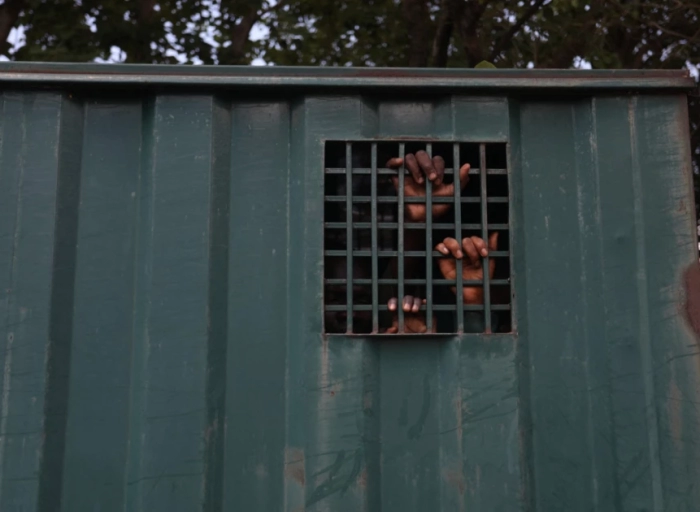In a gripping tale that blends diplomacy, covert negotiation, and near-arrest, an unconventional mission to the Democratic Republic of Congo (DRC) earlier this year has shed light on how the Trump administration is willing to operate outside traditional diplomatic playbooks to secure strategic wins—both political and economic.
In March, an unlikely trio—a decorated U.S. Green Beret, a former State Department official, and an Israeli-American businessman—landed in Kinshasa carrying a message reportedly backed by the Trump camp: release three Americans on death row in exchange for deeper U.S. cooperation on security and mineral deals. Days later, they would be fleeing the country under diplomatic protection, narrowly avoiding detention.
A Transactional Offer with High Stakes
The Americans—businessman Moti Kahana, former Green Beret Justin Sapp, and ex-diplomat Stuart Seldowitz—traveled to the Congolese capital with a direct proposal: if President Félix Tshisekedi commuted the sentences of three Americans involved in a failed coup, former President Donald Trump would greenlight a minerals-for-security deal.
This came amid rising U.S. interest in Congo’s vast reserves of critical minerals and ongoing conflict in its volatile eastern region, which the Congolese government attributes to Rwandan-backed rebels.
Though met with official suspicion and resistance, the initiative was not entirely rogue. According to Dustin Stewart, Trump’s deputy special envoy for hostage affairs, the State Department was aware of the delegation’s travel. “We want to work with folks who have the right connections… it’s not uncommon,” Stewart said, while admitting that the mission’s success was “overestimated.”
From Davos to Danger
The chain of events began at the World Economic Forum in Davos, where Kahana privately warned President Tshisekedi of a possible coup plot involving Israelis—providing names, including that of General Franck Ntumba, head of the presidential guard.
That act would later haunt him.
Kahana, known for high-profile evacuations from conflict zones, teamed up with Sapp and Seldowitz for the Kinshasa trip, blending experience in military operations, diplomacy, and backchannel negotiations. While the trio hoped for a formal audience with President Tshisekedi, early meetings with his security adviser grew tense. Eberande, the adviser, questioned their authority and intentions, forcing Kahana to seek State Department support to validate the group.
A Shooting Range, a Warning, and a Rapid Exit
A dinner invitation from an Israeli security contractor led to some late-night gunfire at a private compound on a military base—a decision that sparked alarm in Congo’s intelligence circles. Rumors of an imminent attack on the presidential palace circulated. The tension escalated when General Ntumba—whose name had been given to Tshisekedi as a potential coup plotter—arrived at the Americans’ hotel, demanding their passports.
U.S. embassy staff quickly mobilized to protect the trio, and after a tense standoff and a phone call to the ambassador, they were escorted to the airport and narrowly boarded a departing flight.
“It was like a movie,” said one witness.
Aftermath: Prisoners Freed, Minerals Secured
Despite its chaotic execution, the mission appears to have influenced real outcomes. In April, Tshisekedi commuted the death sentences of the three Americans—Marcel Malanga, Tyler Thompson, and Benjamin Zalman-Polun—to life imprisonment. The trio was subsequently extradited to the U.S., where they now face federal charges related to the alleged coup attempt.
Then, in June, the U.S. brokered a peace deal between Congo and Rwanda, easing tensions in the mineral-rich eastern provinces. Trump later confirmed: “We’re getting, for the United States, a lot of the mineral rights from the Congo as part of it.”
Conclusion: A Risky Game Pays Off
This high-risk, unofficial diplomatic overture showcases the Trump team’s preference for backchannel, transactional diplomacy—often bypassing traditional statecraft to pursue fast, results-driven deals. Though unconventional and fraught with danger, this mission ultimately delivered on its key goals: the release of Americans and a strategic mineral partnership.
As geopolitical rivalries intensify over access to critical resources, stories like these offer a revealing look into the evolving nature of 21st-century diplomacy—where the lines between business, politics, and security are increasingly blurred.




